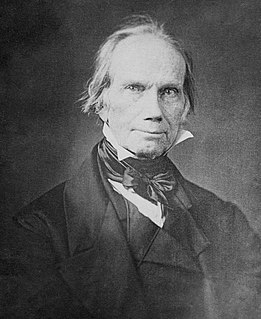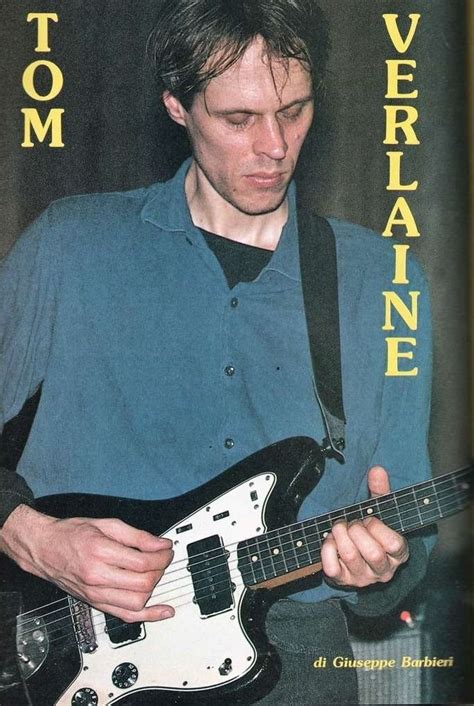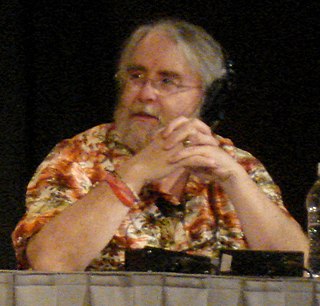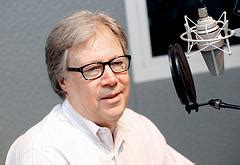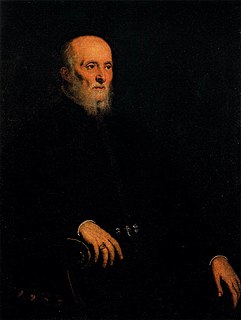A Quote by Henry Clay
In all cases where incidental powers are acted upon, the principal and incidental ought to be congenial with each other, and partake of a common nature. The incidental power ought to be strictly subordinate and limited to the end proposed to be obtained by the specified power. In other words, under the name of accomplishing one object which is specified, the power implied ought not to be made to embrace other objects, which are not specified in the constitution.
Related Quotes
Football was always a deal we made with ourselves. We adopted it for its brutality, which was embedded in a context that happened to be perfectly suited to television and to gambling, but which we could convince ourselves was only incidental to our enjoyment because it was only incidental to the game itself.
The [UN Security Council] P5 ought to be dissuaded from using their veto power, which can paralyze the United Nations. The country blocking action ought to have to explain its decision and propose an alternative solution. It has been suggested that a veto only becomes effective if the vetoing state has the support of two or three other permanent members.
One painter ought never to imitate the manner of any other; because in that case he cannot be called the child of nature, but the grandchild. It is always best to have recourse to nature, which is replete with such abundance of objects, than to the productions of other masters, who learnt everything from her.
The interpretation of the laws is the proper and peculiar province of the courts. A constitution is, in fact, and must be regarded by the judges, as fundamental law. It therefore belongs to them to ascertain its meaning, as well as the meaning of any particular act proceeding from the legislative body. If there should happen to be an irreconcilable variance between the two, that which has the superior obligation and validity ought, of course, to be preferred; or, in other words, the Constitution ought to be preferred to the statute, the intention of the people to the intention of their agents.
Any man who leads the regular and temperate life, not swerving from it in the least degree where his nourishment is concerned, can be but little affected by other disorders or incidental mishaps. Whereas, on the other hand, I truly conclude that disorderly habits of living are those which are fatal.
